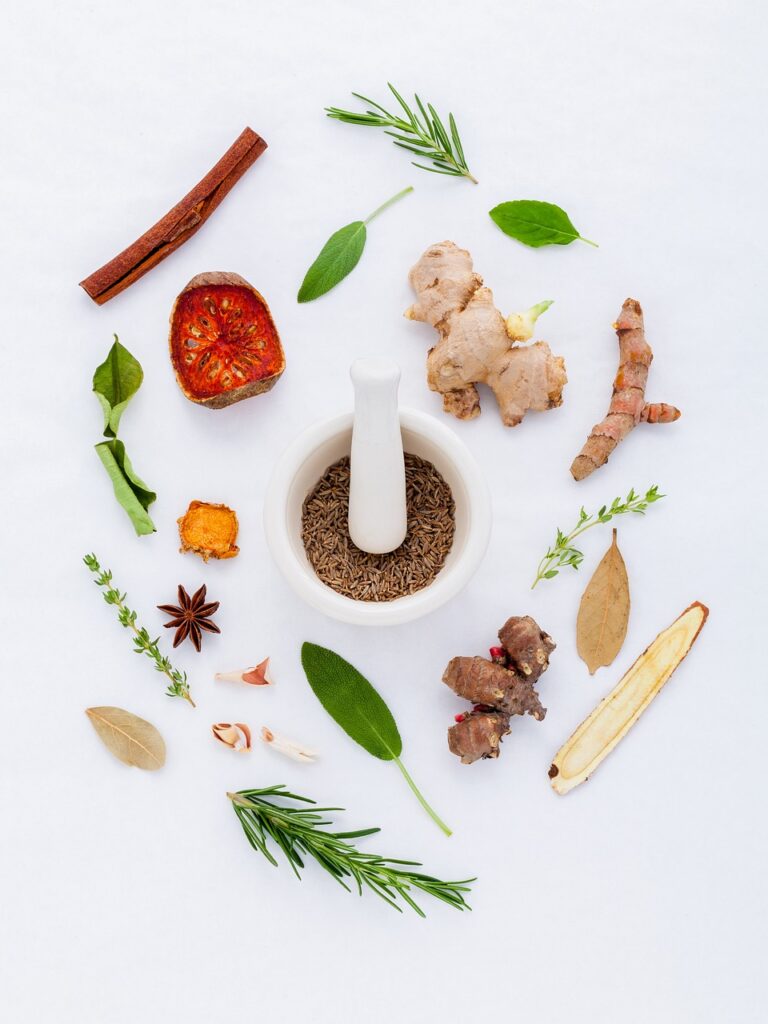Why Mushrooms Are the Unsung Heroes of the Superfood World
When you think of superfoods, vibrant berries or leafy greens might come to mind. But lurking in the shadows of the produce aisle, mushrooms quietly boast an impressive array of health benefits that rival even the most colorful fruits and vegetables. These humble fungi have been used for centuries in traditional medicine, and modern science is now catching up to what our ancestors seemed to know instinctively: mushrooms are powerhouses of nutrition and healing. From boosting immunity to potentially fighting cancer, mushrooms are proving to be nature’s hidden gems.
Let’s explore the fascinating world of mushrooms and uncover why these fantastic fungi deserve a prime spot on your plate.
The Nutritional Profile of Mushrooms
Before we dive into the specific health benefits, let’s take a look at what makes mushrooms so nutritionally dense. Despite their low-calorie content, mushrooms are packed with essential nutrients:
- Vitamins: Mushrooms are rich in B vitamins, including riboflavin, niacin, and pantothenic acid. They’re also one of the few non-animal sources of vitamin D, especially when exposed to sunlight.
- Minerals: Mushrooms contain important minerals like selenium, potassium, copper, and zinc.
- Protein: While not as high in protein as meat, mushrooms offer a respectable amount of protein for a plant-based food.
- Fiber: Mushrooms provide both soluble and insoluble fiber, supporting digestive health.
- Antioxidants: Various mushroom species are loaded with powerful antioxidants like ergothioneine and glutathione.

Now, let’s explore how this nutritional profile translates into tangible health benefits.
Mushrooms and Immune System Support
One of the most well-known benefits of mushrooms is their ability to support the immune system. Many mushroom varieties, including shiitake, maitake, and reishi, contain beta-glucans, complex sugars that have been shown to boost immune function. Research suggests that these mushroom-derived compounds can enhance the activity of natural killer cells and macrophages, two types of immune cells crucial for defending against pathogens and abnormal cells. Regular consumption of mushrooms may help your body better resist infections and even potentially reduce the risk of certain cancers.
Mushrooms as Potential Cancer Fighters
Speaking of cancer, the anti-cancer potential of mushrooms is an area of growing research interest. Various mushroom species contain compounds that have demonstrated anti-tumor effects in laboratory and animal studies. For instance, the turkey tail mushroom contains polysaccharopeptide (PSP) and polysaccharide-K (PSK), both of which have shown promise in enhancing the effects of chemotherapy and potentially reducing tumor growth. While more human studies are needed, the early results are encouraging.
Mushrooms for Heart Health
Your heart might just love mushrooms as much as your taste buds do. The fiber, potassium, and vitamin C in mushrooms all contribute to cardiovascular health. Mushrooms’ high potassium content, in particular, can help regulate blood pressure by counteracting the effects of sodium. Moreover, certain mushroom varieties like shiitake have been found to have cholesterol-lowering properties. The eritadenine compound in shiitake mushrooms may help reduce cholesterol absorption and production.
Mushrooms and Brain Health
As we age, maintaining cognitive function becomes increasingly important. Here’s where mushrooms step in once again. Research has linked regular mushroom consumption to a lower risk of mild cognitive impairment. The secret lies in the unique antioxidants found in mushrooms. Ergothioneine and glutathione, both present in high amounts in mushrooms, are believed to protect against oxidative stress, which is associated with age-related cognitive decline and neurodegenerative diseases.
Mushrooms for Weight Management
If you’re watching your waistline, mushrooms can be your allies. Low in calories but high in nutrients and fiber, mushrooms can help you feel full and satisfied without adding many calories to your diet. Moreover, the umami flavor of mushrooms makes them an excellent meat substitute or extender. By replacing some or all of the meat in a dish with mushrooms, you can significantly reduce calorie and fat intake while maintaining a satisfying texture and flavor.
Mushrooms and Gut Health
The gut microbiome has become a hot topic in health research, and mushrooms have a role to play here too. The prebiotic fibers in mushrooms serve as food for beneficial gut bacteria, promoting a healthy and diverse microbiome. A healthy gut microbiome is associated with numerous health benefits, including improved digestion, stronger immunity, and even better mental health. By including mushrooms in your diet, you’re feeding not just yourself, but also the trillions of beneficial bacteria in your gut.
How to Incorporate More Mushrooms into Your Diet
Now that you’re aware of the myriad health benefits of mushrooms, you might be wondering how to include more of them in your diet. Here are some ideas:
- Add sliced mushrooms to salads for extra texture and nutrition.
- Use mushrooms as a meat substitute in burgers, tacos, or pasta sauces.
- Sauté mushrooms as a side dish or topping for proteins.
- Blend mushrooms into soups for a creamy texture without added dairy.
- Try different varieties of mushrooms in stir-fries or omelets.
- Explore mushroom-based supplements or teas for concentrated benefits.
From supporting immune function and heart health to potentially fighting cancer and cognitive decline, mushrooms truly are magical when it comes to their health benefits. These versatile fungi offer a unique combination of nutrients, antioxidants, and bioactive compounds that can contribute to overall wellness in numerous ways. As with any food, it’s important to remember that mushrooms are most beneficial as part of a balanced, varied diet. While they offer impressive health potential, they’re not a cure-all, and should be consumed alongside other nutrient-dense foods for optimal health.
So, the next time you’re at the grocery store, don’t overlook the humble mushroom. These unassuming fungi might just be the superfood your diet is missing. Embrace the magic of mushrooms and let your health flourish!







